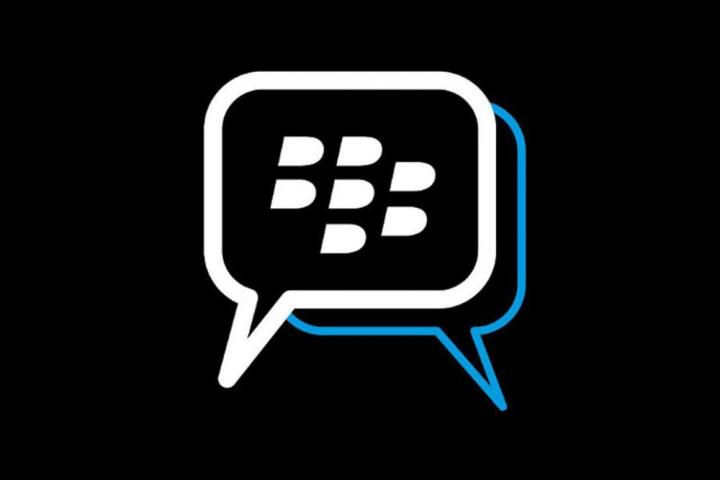
Note: This piece has an important update at the end.
In a bid to make some money from its popular messaging service, BlackBerry is gearing up to launch ads on BBM.
The revenue-making initiative is currently being tested with Beta Zone members running BBM on Android, with ads appearing in two forms within the app’s BBM Channels feature.
According to Mobile Syrup, the trial involves sponsored invites where channel owners can issue an invitation to users to join their channel (these will show up in the invites tab of BBM), and clearly labeled sponsored posts which’ll appear in the updates tab. In an effort to give users some control over the ads, BlackBerry has designed it so that if they decline an invite, or block a sponsored post, they won’t hear from that channel again.
Interestingly, it appears BlackBerry will introduce sponsored content only for non-BlackBerry devices running the app, at least initially. In other words, if you’re using BBM on iOS, Android, or Windows Phone, ads are likely to begin showing up in the near future.
Part of the testing procedure is likely to involve nailing the ads’ frequency and relevancy so they don’t prove too intrusive or annoying for users when they’re eventually rolled out on a wider scale.
WhatsApp ads?
Soon after Facebook acquired BBM rival WhatsApp last month for $19 billion, Mark Zuckerberg said that as far as he’s concerned, he doesn’t think ads are the right way to go about monetizing messaging, while WhatsApp co-founder Jan Koum has always said that ads would be kept off the app, though this was, of course, before Facebook turned up.
Indeed, a Forbes report Tuesday suggested this no-ads policy may be discarded, with “insiders” telling the publication that WhatsApp “could start charging airlines or companies like Uber for the right to send messages to WhatsApp users with their permission.” Ads on an opt-in basis? Wonder how many users will go for that one.
Either way, BlackBerry’s clearly keen on pushing ahead with bringing ads to its messaging service. When John Chen took over at BlackBerry last November, he listed cross-platform messaging as one of the four key areas that the Canadian mobile company had to exploit in order to get the mobile maker back on track.
UPDATE: BBM’s head of product and brand marketing, Jeff Gadway, took to the Inside BlackBerry blog Tuesday to offer some details on its ad strategy. He said the company was taking “a very measured and deliberate approach to connecting BBM Channels users with content they might be interested in from BBM Channel owners, which will include brands and businesses,” at the same time reassuring BBM users that any promoted content on its messaging service “will be direct, relevant, friendly and will in no way impact the chat and sharing experience.”
He added that no promoted content would ever find its way into BBM chats, describing this part of its messaging service as “untouchable.”
To learn more about BlackBerry’s plans for ads on BBM, check out Gadway’s post here.
Editors' Recommendations
- The best iPhone and Android apps for Black History Month 2024
- Our 5 favorite iPhone and Android apps by Black developers
- Best Black Friday iPad Deals: iPad Air, iPad Mini, iPad Pro
- Apple plans to put more ads on your iPhone, report claims
- BlackBerry’s latest revival attempt crashes before launch


